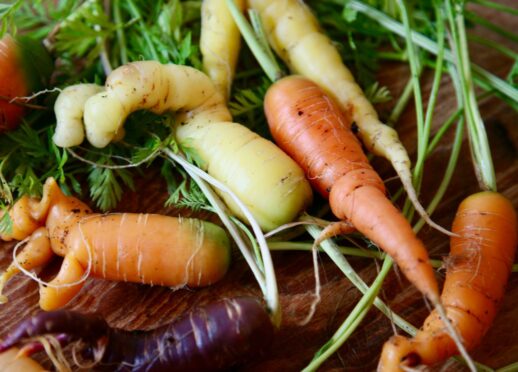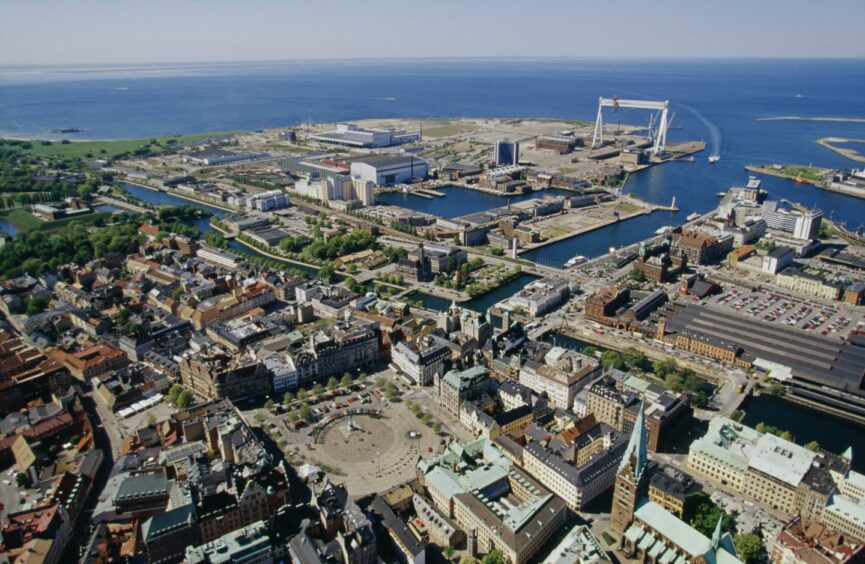Vegetables grown in towns and cities have higher levels of contaminants like lead than those bought in shops, research warns.
The report, led by scientists from Scotland and Sweden, says growing greens in city gardens and allotments has grown in popularity but blame traffic pollution for posing a risk.
The researchers found washing the vegetables could reduce heavy metal contaminants by up to 56% but more could be done, such as covering the plants and paying attention to the soil.
The study, by Swedish researchers and colleagues from The James Hutton Institute in Aberdeen, found washing the vegetables before eating removed anything between 5% to 56% of contaminants.
Lead intake up to 130%
In comparison, not washing the leaves at all before consumption could increase the average daily intake of lead by 130% – or 2.3 times the recommended exposure limit.
Other increases were found in levels of cobalt, chromium, arsenic, antimony, nickel, copper, zinc, cadmium and barium.
The study examined chard, kale, lettuce and parsley grown near a heavily trafficked road in Malmö, Sweden’s third largest city.
Rupert Hough, information and computational sciences group leader at the institute, said: “There has been an increasing interest in urban cultivation, with vacant land
being reclaimed for gardening and an increasing number of households consuming urban-grown vegetables.
“This can increase the metallic compounds we see in produce. Studies have shown that
urban crops have shown higher concentrations of several metals than supermarket equivalents and that in some instances these have exceeded health guidelines.”


Conversation